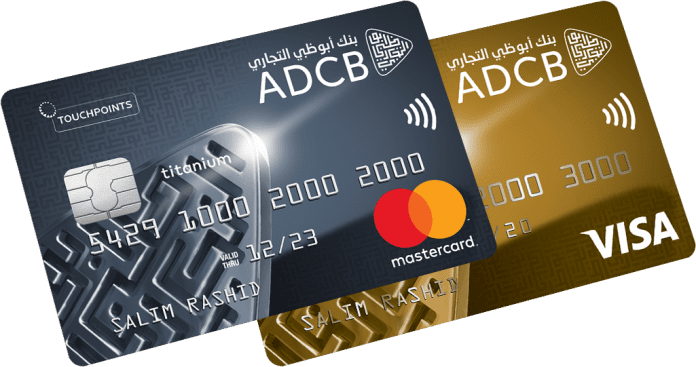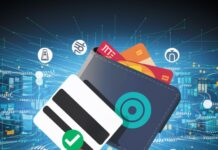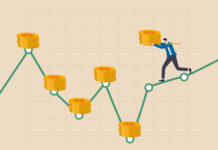Conveniently paying for expenses and having quick access to funds are some of the reasons why credit cards are so popular nowadays. However, with the seemingly endless stream of funds at your fingertips, it can be hard to control the amount that gets spent on impulse.
Your debt begins to accumulate from the very first time you use your credit card. If care is not taken, it can end up increasing to a level that is detrimental to your financial security. You need to take extra care to monitor and manage credit card debt so that it does not have any adverse effects on your finances.
The following tips will help you immensely;
Track your spending

One of the most effective ways of cutting down on credit card debt is to track your regular expenses and find ways to reduce them. You can do this by studying your spending habits within two weeks to one month, making sure to write down every little expense.
Then, go over this list and identify the purchases that were essential and those that are non-essential. Once you can ascertain the non-essentials, you can then focus on avoiding them entirely or at least reducing them. You will be surprised by how much you can save when you cut back on a few luxuries.
You can track your spending in a number of ways:
- Using Accounting software
- Reviewing bank statements on a monthly basis
- Keeping receipts for all purchases.
- Review online banking transactions
By tracking your spending you will begin to see where most of the money is going. Patterns will emerge on spending which may help you to rethink your priorities.
Take out a loan
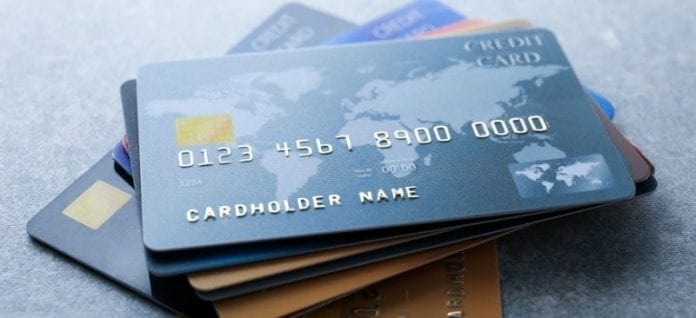
A debt consolidation loan, which means taking out a new loan to pay off all your debts, might be the most effective solution particularly for debts with very high-interest rates.
If used properly, this type of financing can significantly reduce the amount of time it will take you to pay off your debts. A less than optimal credit score does not make you ineligible for this kind of loan as there are financial services such as this website that provide financial help for people with bad credit.
While this method frees you up from debt quickly, it is advisable to take precautions and improve your spending habits so as not to fall back into debt.
Interest rates on personal loans can vary widely. So, it’s important to do your homework and speak to lending services personally nad not rely solely on automated loan systems – no matter how convenient they may be.
Lose the excess

While having a dozen or more credit cards might make you feel financially secure, these cards might become ticking time bombs if you’re not careful. You can get lulled into a false financial safety that can make you unaware of the charges you are racking up until it is too late.
Your debts will be spread out on multiple cards with different interest rates and repayment plans. It will be very easy to lose track of repayment as some of the debts might fall through the cracks.
To avoid the potential damage to your financial status, keep no more than three credit cards. This way, you can easily track your credit and repayment schedules.
This not only makes spending tracking easier but also reduces the cost of maintaining the credit cards and minimize variations in interest rate expenditure.
Reducing the avenues through which you can spend – and subsequently incur debt – will also reduce the likelihood of further debt increases. Like your overall debt consolidation, credit card consolidation enables you to focus your resources and helps make you more cognizant of your spending habits.
Create a budget
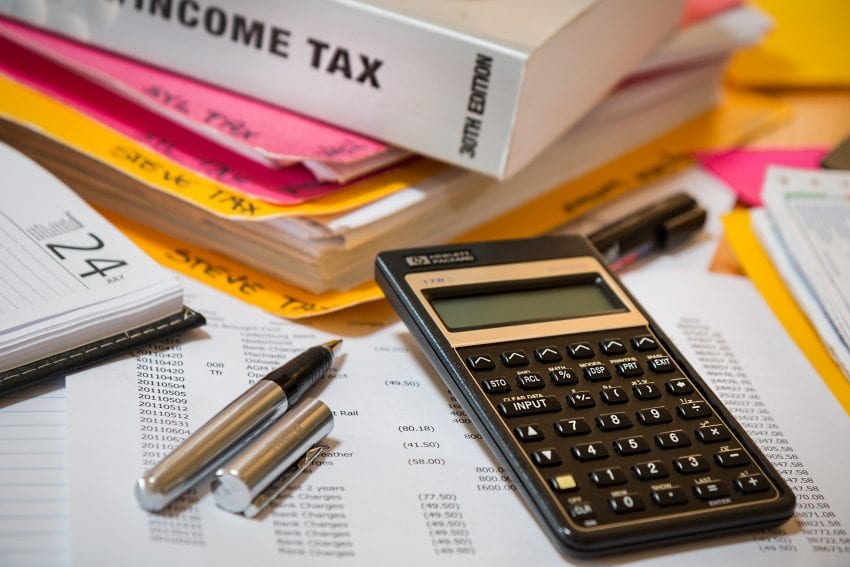
Most times, having a well-researched and laid-out budget and following it to the letter is an excellent way of managing your credit card debt. By detailing the exact amount that must be spent and sticking to it, there will be little instances of impulse spending.
You can also decide to lower the credit limit on your cards to match the amount allocated by your budget. This approach might not be easy to follow as it cuts down on a lot of excesses. However, you will get accustomed to it with time.
The key components of a sound budget include:
- Calculate Your true income
- Calculate fixed expenses (These include loan repayments, phone plans, rates. etc)
- Calculate your variable expenses (these might include fuel, food, medical bills, etc)
- Calculate savings capabilities
In addition to these calculations, you should begin to formulate both savings and debt repayment goals. A failure to plan and a plan for failure. Look at what is realistic in your budget in terms of savings and debt reduction.
While there may be good reasons for not saving, you should do your best to make saving a priority. Saving should also include (where possible) setting aside money for unplanned expenses.
These could include unexpected health costs, vehicle costs and common maintenance costs around the home. Avoid being caught out and flying by the seat of your pants. Put money aside for these things and when the money is needed it is ready to use.
A good budget will become an automatic part of your financial management over time. It enables you to see true costs and saving and helps mitigate against debt creep.
Make payments on time
Failure or delay in making repayments on credit card debt will not only attract some hefty fines and fees, but it will also affect your credit history. There are two systems applicable to paying off your debt efficiently.
You can decide to pay off the ones with the highest interest rates while making the minimum payment on those with lower rates. You can also choose to tackle the lesser debts first, utilizing extra funds to pay them off so that you can focus on the more substantial debts.
Regardless of whichever system you use, making timely payments on your debts will help you get rid of them quickly.
Timely payments encourage lenders and demonstrate a mature approach to money management. It increases your chances of future borrowing, should you need it. More practically, it reduces end-of-month stress and panic when bills – which you knew were coming in – need to be paid.
Credit card debt is one of the most costly kinds of debt an individual can have. Money is spent without thought for income and ability to pay. While credit cards are certainly handy, they create the illusion of resources that often don’t actually exist.
